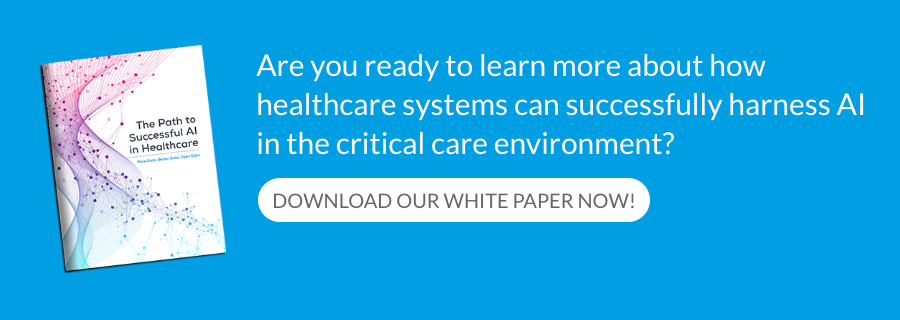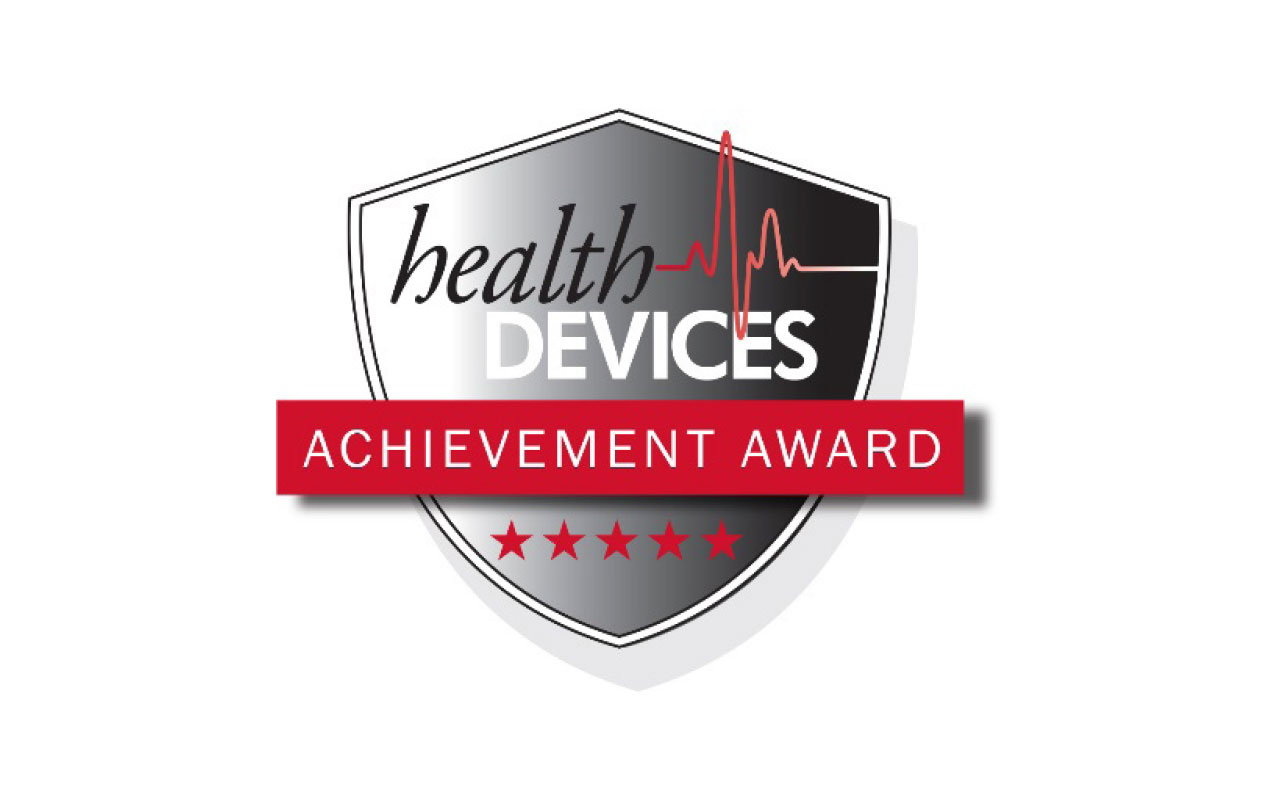
The pandemic has exposed flaws in the U.S. healthcare system while enabling innovation that clinicians have demanded for years. What will the ultimate prognosis for the industry be in a post-pandemic world? Here are three ways in which experts expect healthcare will be different moving forward.
1. Virtual ICUs Are Here to Stay
As COVID-19 first made its appearance on U.S. soil, the need for virtual ICU capability was first centered around how to care for highly infectious patients while protecting providers and preserving PPE. Clinicians watched in horror as many front-line healthcare workers in China, Italy, and France were struck down by this virus, and those who could work, scrambled to find ways to avoid a similar fate.
At Houston Methodist, Atiya Dhala, M.D., medical director of the hospital’s newly-launched virtual ICU, said that response times for implementing new technology had been slow – until the pandemic hit Houston in March. “Then the staff wanted it turned on quickly! We did the fastest wrap-up in the history of virtual ICU [launches],” she said.
But in addition to protecting clinicians, hospitals have realized additional benefits to a virtual ICU system: Getting more eyes on patients, becoming more efficient with staffing, and having the flexibility to add critical care beds to scale at the click of a button – all at an unprecedented rate.
“With the emergence of COVID, it’s made hospitals acutely look at different telehealth options out there, whether that’s external to the hospitals trying to connect physicians to patients, or [internally, as they] operationalize different remote workflows within the hospital,” Emma Fauss, Ph.D., CEO of MIC, explained. Enabling remote monitoring workflows and patient surveillance has allowed hospitals across the country to treat in a way that optimizes resources and allows for even better patient care.
2. Clinicians Will Demand Remote Access and Flexible Work Environments
Putting on pants in the middle of the night to speed to the hospital to lay eyes on a patient is just not going to work for physicians anymore—not when the opportunity to provide real-time, remote care is available.
Providers know that the best decisions for patients are those made in a timely fashion, and with all the information needed instantly available to them, from wherever that provider may be.
During COVID-19, many providers had the opportunity to zoom in through high-resolution cameras, to lay eyes on their patient. With the right tools, they could also access that patient’s real-time waveform data from all the devices connected to that person, as well as see their data retrospectively for the patient’s entire length of stay. Both easily accessible and HIPAA-compliant, this patient-centric data makes all the difference for physicians treating critically ill patients.
3. Patient-Specific Data Is More Important Than Ever – And Has to Be Captured, Stored, Analyzed and Utilized
“SARS-CoV-2” was a virus we knew nothing about – until its effect on patients could be studied in real time.
While it is wreaking havoc on the world, leaving death and destruction in its wake, it is also creating information that is being studied right now. Today, we have the opportunity to learn more about the virus that causes COVID faster than we ever have any other condition in the history of the world.
How? By capturing, storing, and analyzing data from the patients where the virus is replicating. Through this data, medicine is able to retrospectively look at the conditions, disease progression and treatment of individual patients, and compare that data to patient populations as a whole.
But when the data isn’t stored, the opportunity is missed. For example, COVID patients in critical care are emitting a wealth of information through ventilator data alone. But how many hospitals have stored it? Most critical care units don’t even have access to it in real time, much less do they have it stored for important retrospective research. Medicine will lean on the few hospitals that were ready for this opportunity to learn all that it can, and quickly.
And this is just one disease. As healthcare implements the technology that allows physicians, nurses, researchers and other experts to truly access and analyze the information from real patients, more information can be harnessed about all disease processes.
Another key outcome of this pandemic is that democratization of data is expected to continue. As a new report from Morgan Stanley points out, COVID-19 has highlighted the inefficiencies that arise with a lack of data interoperability:
“For example, New York has put all area hospitals into a single statewide system, enabling the sharing of patient data, equipment and supplies, as well as doctors and nurses. After the pandemic, the report's analysts expect a more collaborative health-care environment that fosters data interoperability and record-sharing. Tech companies could also play a bigger role in meeting the need for greater transparency of data and individual electronic health records.”
Democratization of data is important -- but it has to start with capturing it, allowing clinicians to see it in real time, and then making it available retrospectively to help that patient, and scores of others.
There Is No Doubt That COVID-19 Has Already Changed Healthcare – Most Agree, for the Better
With future waves of the pandemic expected, hospitals are looking to technology to help solve for the challenges of rapid scaling that they are experiencing today. The lessons we’re learning through this pandemic, though, are valuable for the creation of a new standard of care for tomorrow.
“What we’ve seen is that across the life of our company, is that technology is a tool, not a solution to one big problem. It can fill the gaps and augment your workforce,” said Fauss.
“People can embrace it because they have an immediate need. What I see is this idea that technology fills the gap. If it reduces a problem that existed before, if you have a tool that drives value, people will continue to use it and find value in it, Fauss concluded."





